Jtech is proud to offer client to highest level of NDT Inspection Services in the following methods.



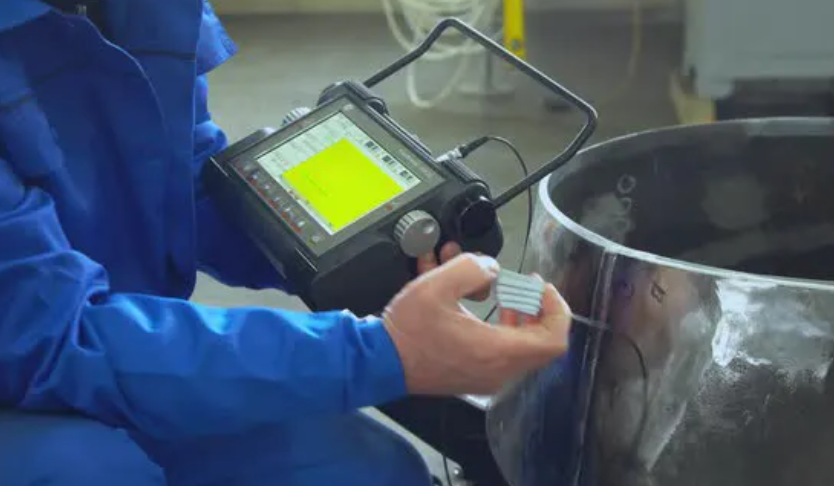
Using digital ultrasonic equipment, our qualified personnel are capable of accurate pulse-echo flaw detection, monitoring and evaluation. These inspections can be carried out on:
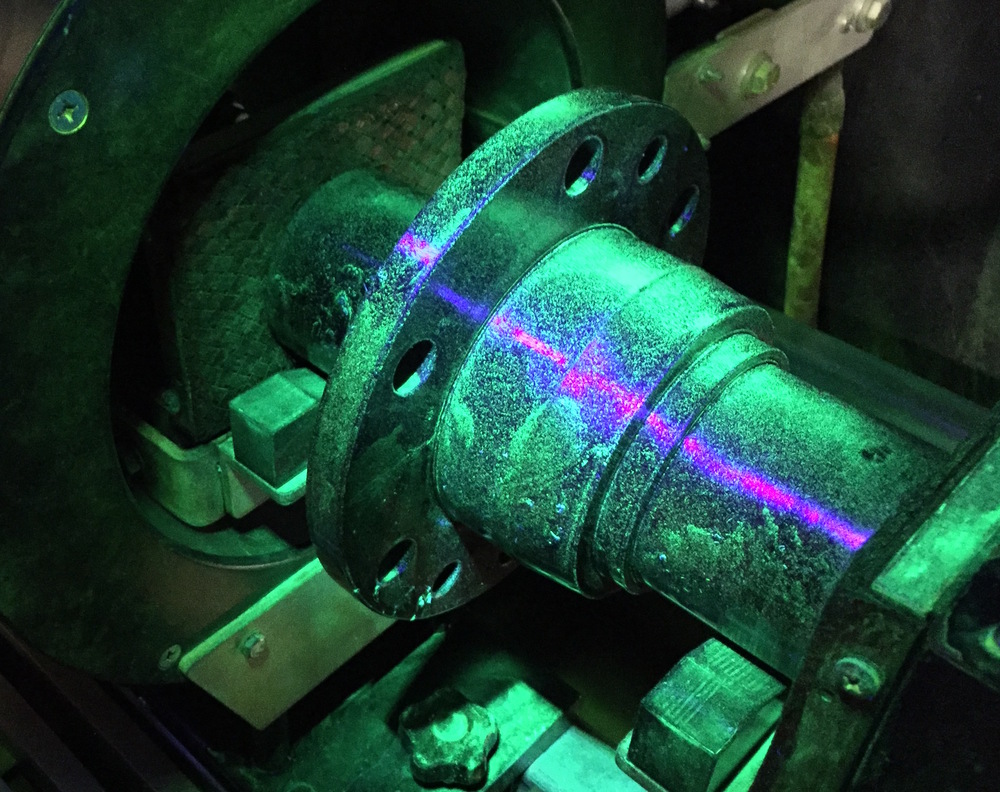
Using the latest in AC Yoke Magnetising Units, our accredited technicians are capable of both fluorescent and visible magnetic particle inspection. This method is useful for:

Utilising the best consumables, our staff can conduct testing using fluorescent and visible dye penetrant methods. Dye penetrant testing is beneficial in the testing of surface defects in non-ferrous materials such as aluminium, stainless steel, copper and ceramics.
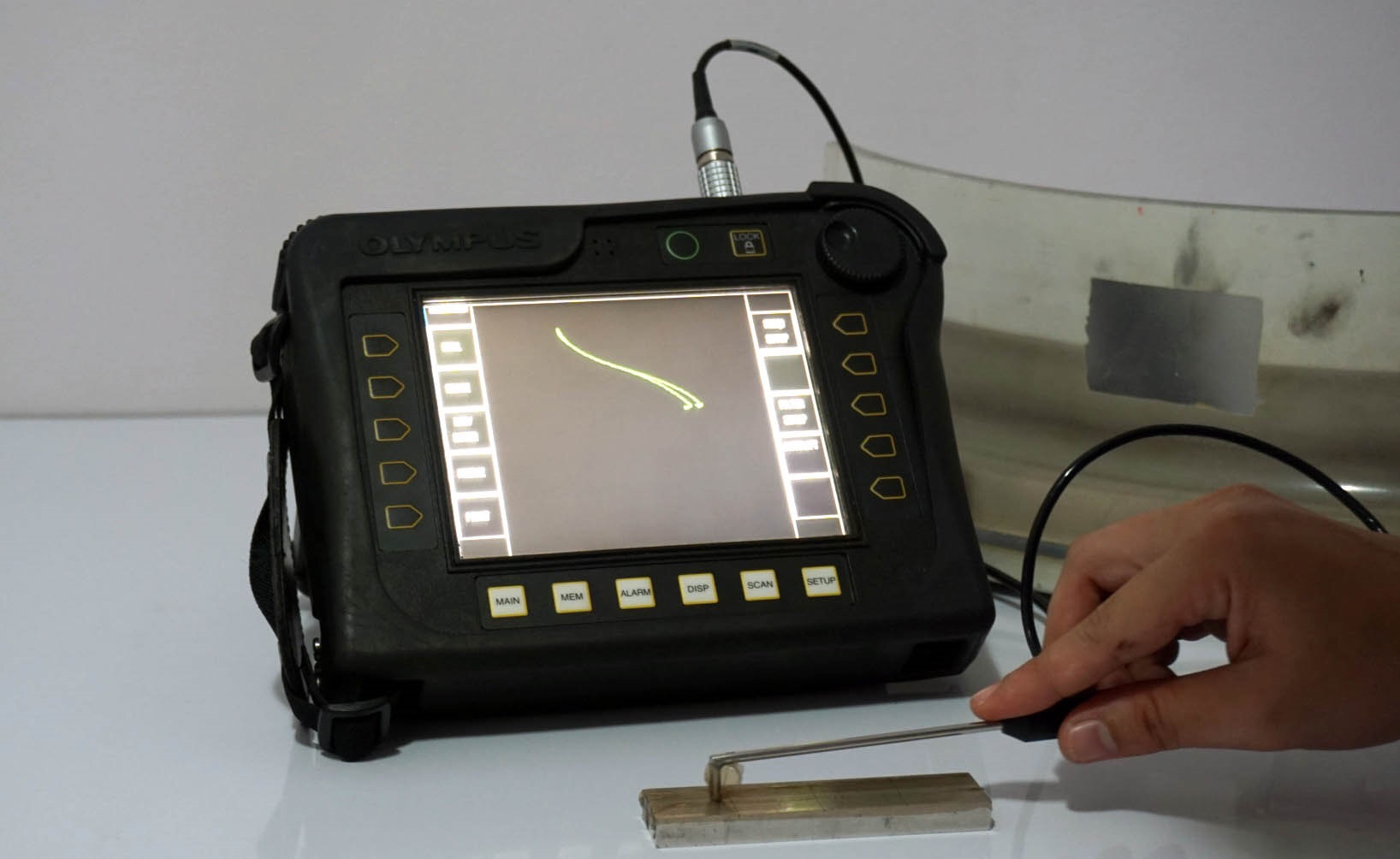
Utilising modern eddy current technologies, our staff can perform inspections that include:
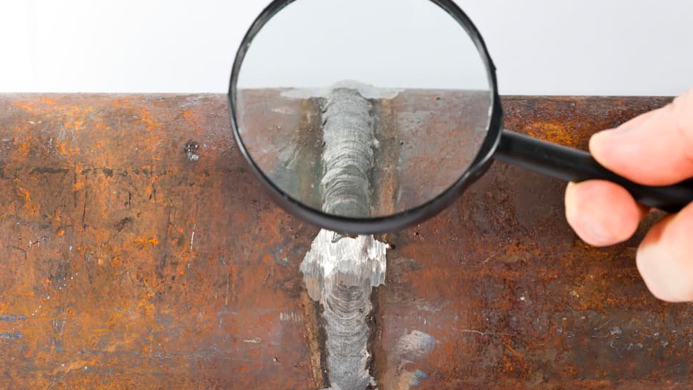
When used in conjunction with the above methods, rigorous visual examinations can also be provided for:
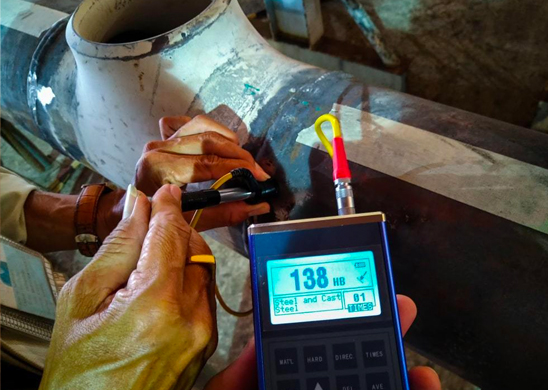
Utilising portable Leeb Hardness Test equipment, National Test can report and convert data to Rockwell C, Rockwell b, Brinell and Vickers formats. Hardness Testing is often required for:

Our technicians are able to offer reliable PMI using the latest XRF technology from Olympus. Using a vast on-board library of alloys and specifications, our XRF devices can identify material grades and specific chemical compounds.
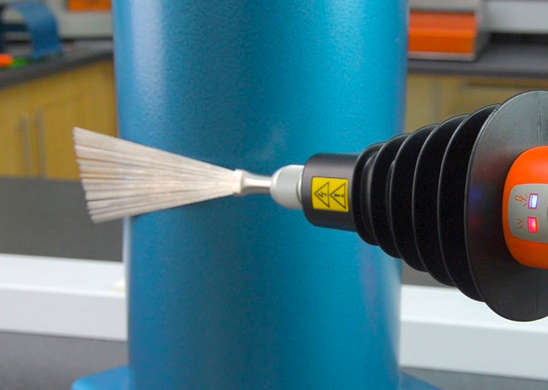
The test is carried out by checking an electric circuit to see if current flows to complete the circuit. In areas where there is not enough coating to resist the electrical charge voids and holes are detected. In other words, if the electrical charge is detected, then there are discontinuities. This testing is applied on tank interiors, chemical storage vessels and buried structures. The purpose is to ensure that the coating can withstand such environments.
